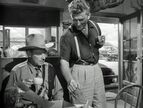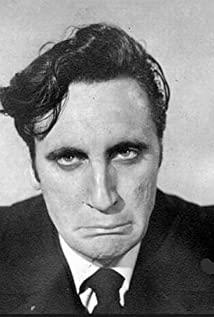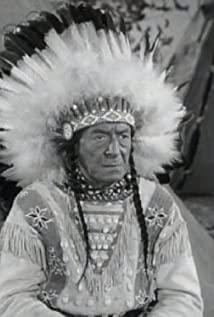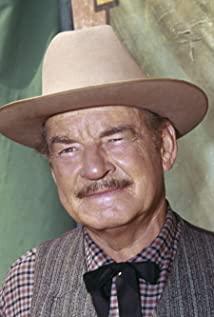The film undoubtedly uses the entertainment of the mass media as a satirical focus, expressing through Charles' story a sense of powerless moral anxiety in the fast-moving 1950s of American journalism. In one of the scenes, Charles said to other reporters who came to report: "Now that I'm on the boat and you're in the water, let's see how you swim up." The moral anxiety of journalism is the moral anxiety of journalists. What is a journalist is a person who has the right to speak. In the 1950s, with the rapid development of American journalism, the shadow of the war after World War II had not disappeared, and the terrifying atmosphere of the Cold War followed one after another. There is also the anti-communist and xenophobic movement represented by "McCarthyism". That's why Wilder, an immigrant, turned a 1929 miner's distress into such a gray film that shows the dark side of human nature. It also explains why no one wanted to see the movie at the time.
Through his portrayal of the hardest hit area of "McCarthyism"—the moral anxiety of journalism, Wilder has peeled off the bright and beautiful shell of American society for us, allowing us to see the core that has begun to slowly deteriorate, and the American spirit has already begun to deteriorate. died.
Charles collapses at the end of the film, at the feet of the editor he had mocked, staring straight ahead. Confused people are asking: Where is the road?
View more about Ace in the Hole reviews











